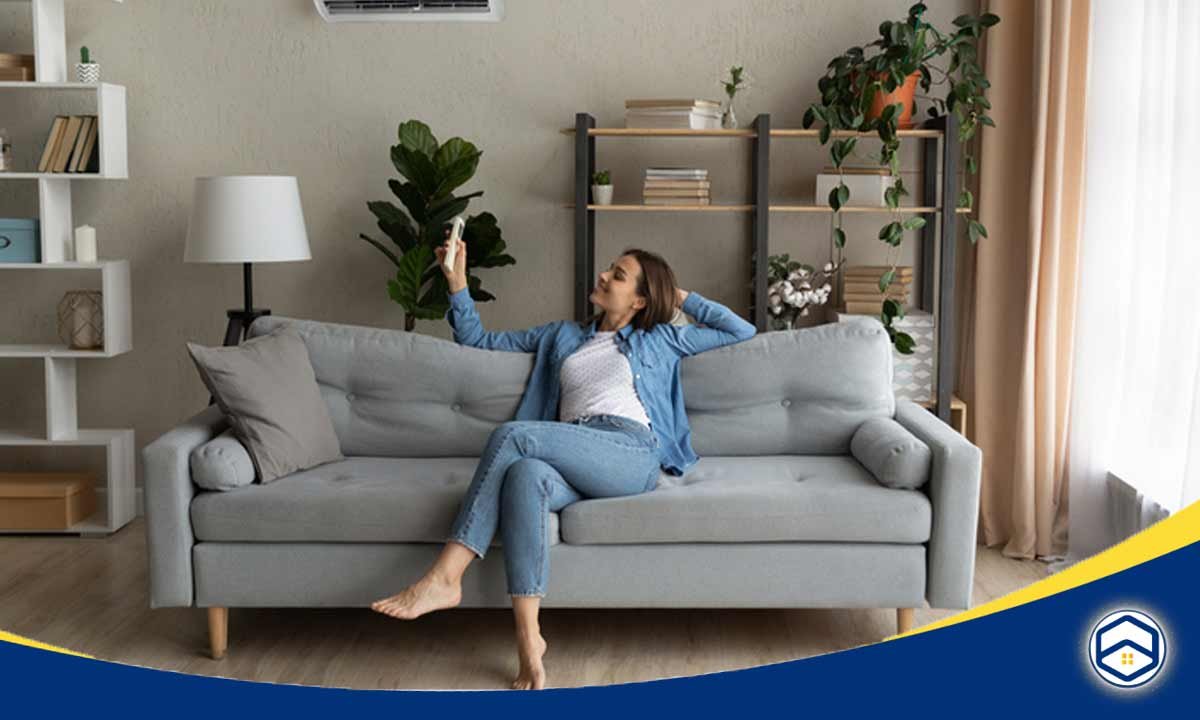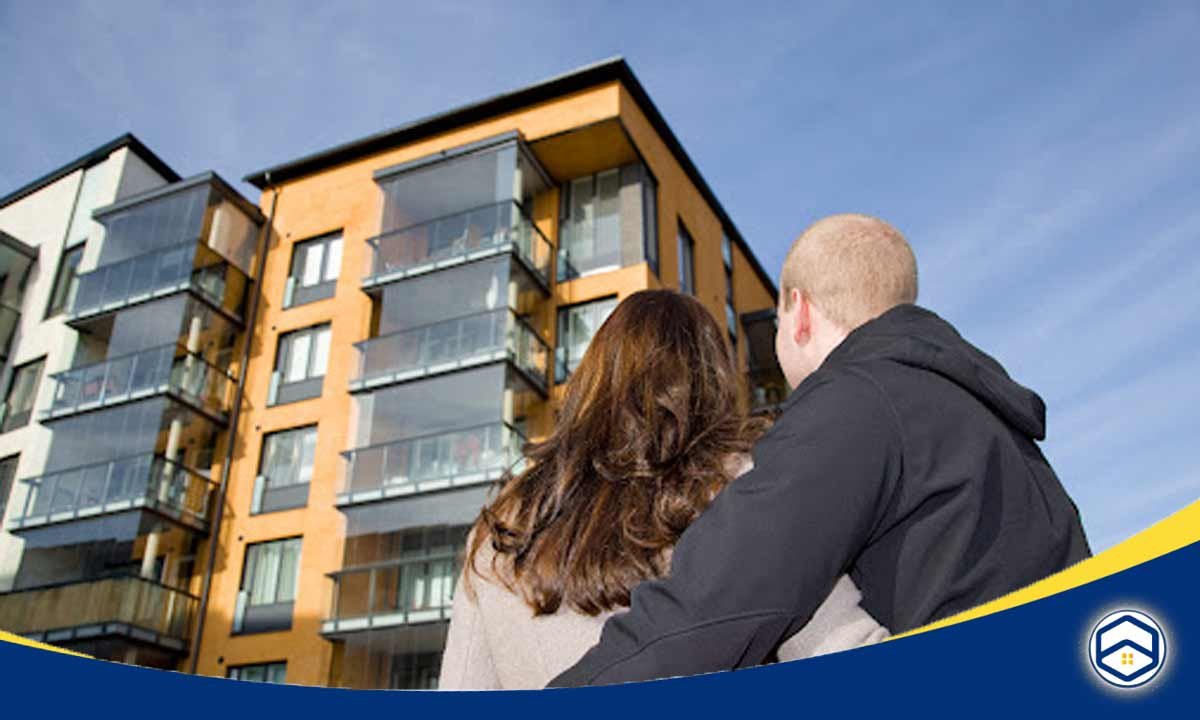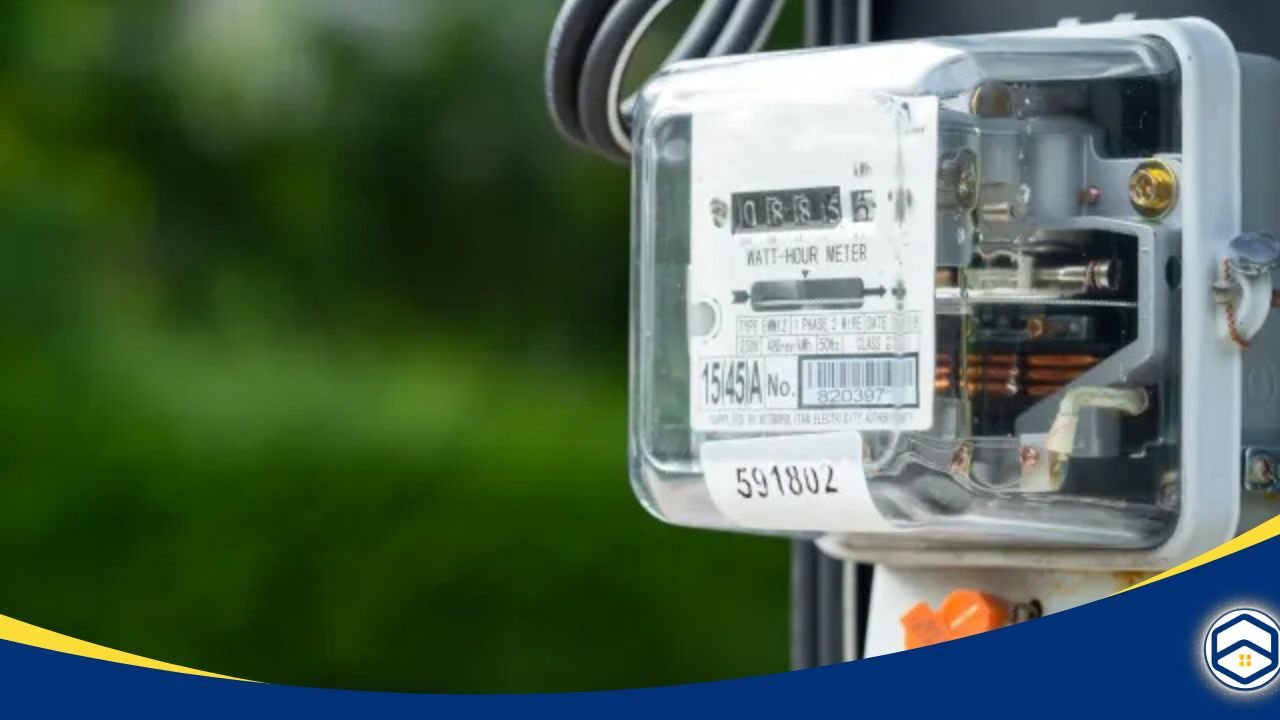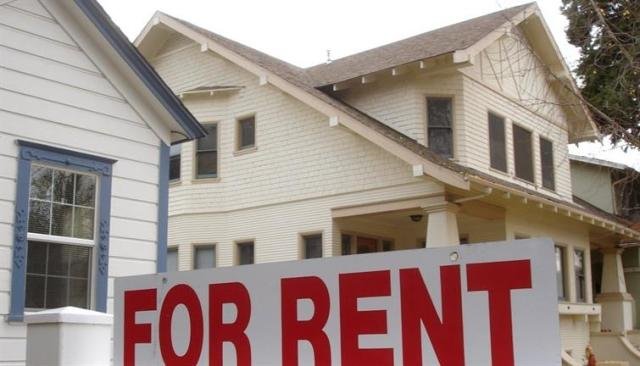Apartment living has become increasingly popular, especially in urban areas, where people often seek convenience, flexibility, and a simplified lifestyle. However, just like any living arrangement, apartment life has both upsides and challenges. In this article, we will explore the pros and cons of living in an apartment, helping you make an informed decision that aligns with your lifestyle and needs.
Pros of living in an apartment
Apartment living offers several attractive benefits that make it appealing to various individuals, from young professionals to small families. Below are some of the main advantages of choosing an apartment.
Convenient location
One of the most significant advantages of apartment living is the location. Apartments are often situated in urban centers, allowing residents to easily access public transportation, entertainment, shopping, and dining. Whether you need to commute to work or enjoy a night out, having everything nearby can save time and enhance convenience.
This location advantage is particularly appealing for those who enjoy being at the heart of city life and prefer walking or taking public transport instead of driving.

Less maintenance responsibility
Another key benefit of living in an apartment is the minimal maintenance required from tenants. Unlike homeowners who are responsible for everything from plumbing issues to lawn care, apartment renters can rely on the property management team to handle repairs and upkeep.
This can save both time and money, especially when it comes to fixing appliances or addressing infrastructure issues. Maintenance tasks such as snow removal and lawn care are often taken care of as part of your rent, allowing you to focus on other aspects of your life.
Access to amenities
Modern apartments often offer amenities that make life more convenient and enjoyable. Many apartment buildings include features like gyms, swimming pools, and community rooms, which can save you the cost and hassle of signing up for separate memberships.
Some upscale apartments even offer concierge services, dog parks, or rooftop lounges. These on-site amenities can enhance your lifestyle, offering both comfort and entertainment just steps from your door.
Flexibility and mobility
Renting an apartment offers great flexibility, especially for those who value mobility. Apartment leases are typically shorter-term contracts, allowing you to relocate more easily than if you owned a home.

This is particularly beneficial for individuals who move frequently for work, students, or anyone who prefers not to commit to long-term property ownership. Renting an apartment also provides an easier exit strategy if your life circumstances change, such as a job transfer or a need to relocate to a different city.
Cons of living in an apartment
While there are many benefits to apartment living, there are also drawbacks to consider. Below are some of the common disadvantages of living in an apartment.
Limited space and storage
Apartments generally offer less space compared to houses, which can be a significant downside for people with large families, a lot of belongings, or a preference for spacious living. The limited square footage can make apartments feel cramped, especially if you have large furniture or need extra storage.
Additionally, closets and other storage spaces in apartments may not be enough to accommodate all your possessions, requiring you to rent a storage unit or make compromises on what you keep.
Noise and lack of privacy
Noise can be an issue in apartment buildings, especially if you live in a densely populated area. Shared walls, floors, and ceilings can lead to sound carrying between units, whether it’s footsteps, music, or conversations. Noise from neighbors can sometimes be unavoidable and can impact your comfort and peace of mind.
-

Noise from neighbors can sometimes be unavoidable and can impact your comfort and peace of mind.
Additionally, apartment living often means less privacy compared to standalone homes, as you’re living close to others with shared common areas such as hallways, elevators, and lobbies.
Restrictions on customization
In most rental apartments, tenants face restrictions when it comes to making changes or customizing their living spaces. Whether it’s painting the walls, installing new fixtures, or remodeling the kitchen, apartment owners generally don’t allow major alterations.
If personalizing your living space is important to you, these restrictions may feel limiting. Furthermore, apartment buildings may have strict rules regarding noise levels, pet ownership, and even holiday decorations, which can make it harder to fully enjoy your space the way you would in a house.
Parking issues
Parking can be a significant problem in apartment buildings, especially in urban areas where space is limited. While some apartments come with designated parking spots, others may offer parking on a first-come, first-served basis, or charge additional fees for parking.
In buildings without parking garages, residents may have to park on the street, which can be inconvenient or even unsafe. During busy times or bad weather, finding a nearby parking spot can become a frustrating challenge.
Is living in an apartment right for you?
Deciding if apartment living suits your needs depends on various personal factors such as your lifestyle, budget, and future goals. Here’s a breakdown of key considerations to help you decide.
Suitability for Urban Dwellers
- Ideal for city lovers: Apartments are perfect for those who thrive in fast-paced, urban environments. With apartments often located in the heart of cities, you’ll have easy access to work, dining, shopping, and entertainment.
- Public transportation convenience: Many apartment buildings are close to subway stations, bus stops, or biking lanes, making it easier to get around without owning a car.
- Social and cultural opportunities: Living in the city gives you immediate access to social gatherings, nightlife, and events. If you enjoy a vibrant community and the convenience of city living, apartment life offers plenty of perks.
- Not ideal for peace and solitude: If you prefer peace, privacy, and larger outdoor spaces, an apartment in the city may feel too noisy or cramped. The hustle and bustle of urban living can be overwhelming for those seeking more tranquility.

Cost Considerations
- Rent vs. homeownership: Apartment rent is often more affordable than owning a home, especially in urban areas. However, you must factor in additional expenses like utilities, parking, and amenities, which can add to your overall costs.
- Cost variability: Rent prices vary significantly depending on location, size, and the amenities offered. Living in a high-demand neighborhood or city center will typically come with higher rent compared to more suburban or less central areas.
- No long-term equity: Renting an apartment means you’re paying monthly fees without gaining equity. Unlike homeownership, where you build wealth through property appreciation, renting doesn’t offer this financial benefit.
- Flexibility vs. investment: Renting can be more affordable in the short term, but if you’re looking for long-term financial growth and stability, buying a home may be a better investment.
Long-Term vs. Short-Term Living
- Short-term flexibility: If you need flexibility in your living situation, apartments are an excellent option. With shorter leases (usually 6 to 12 months), you can easily relocate if your job or personal life requires it. This flexibility is ideal for individuals who may move frequently or aren’t yet ready to settle down.
- Long-term stability: If you’re looking to settle in one place for the long haul or are focused on building equity, buying a home could be the better option. Owning a home allows you to invest in property and benefit from long-term financial growth, whereas renting doesn’t provide these advantages.
- No ownership: Renting means you’re paying for a place to live, but you don’t own any of it. If building equity or having more control over your living space is important to you, homeownership is a better route.
Conclusion – Pros and cons of living in an apartment
Living in an apartment offers a variety of benefits, including convenient locations, less maintenance, and access to amenities. However, it also comes with its challenges, such as limited space, noise concerns, and restrictions on customization. The decision to live in an apartment ultimately depends on your lifestyle, budget, and long-term goals. By weighing the pros and cons ca










